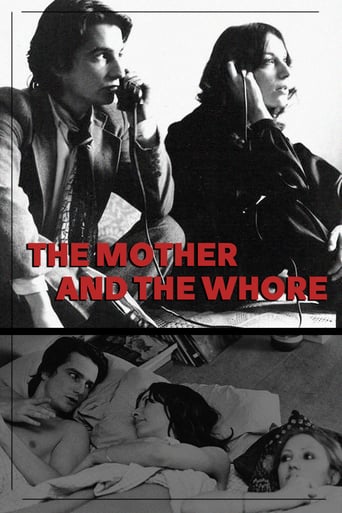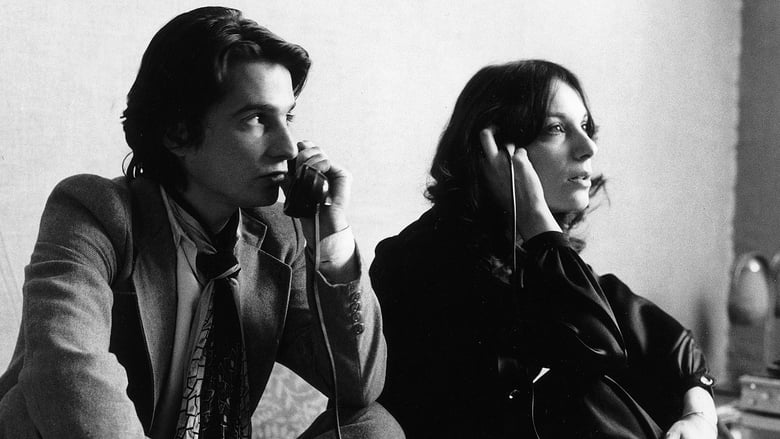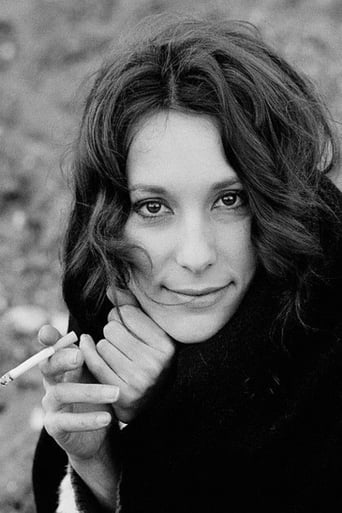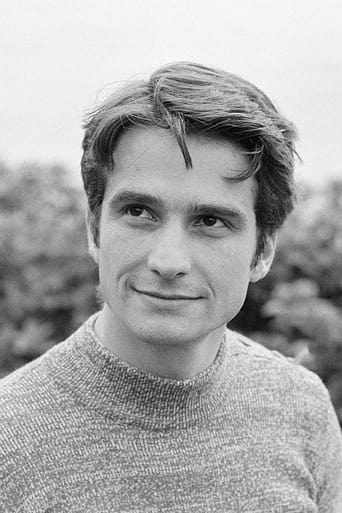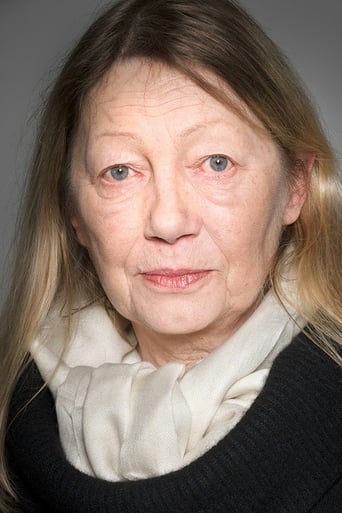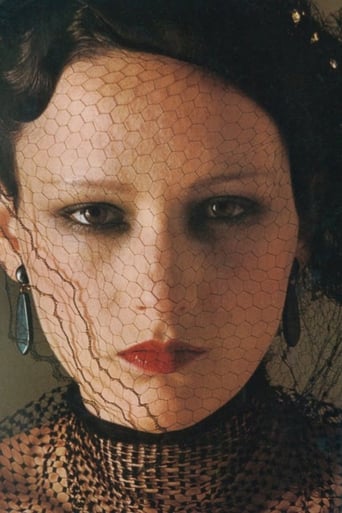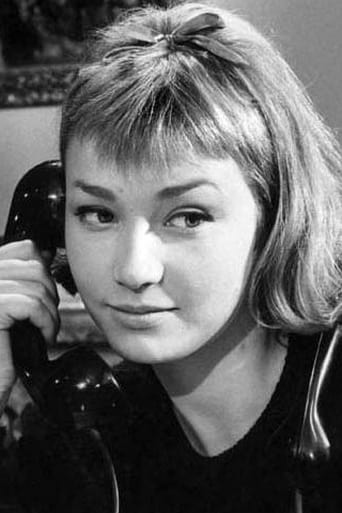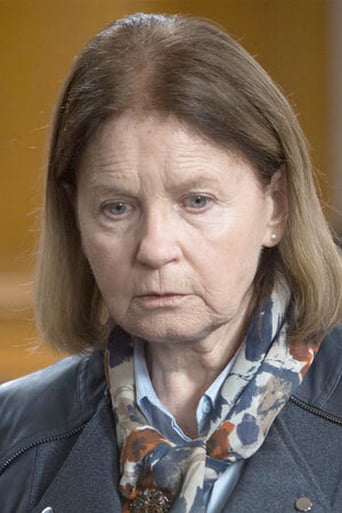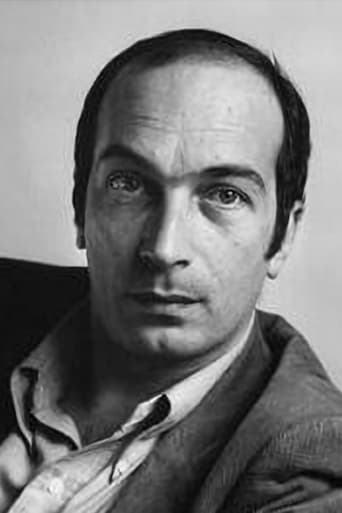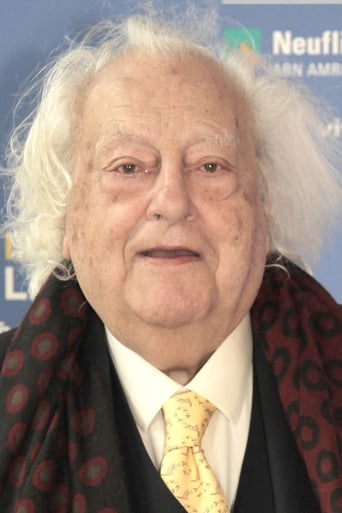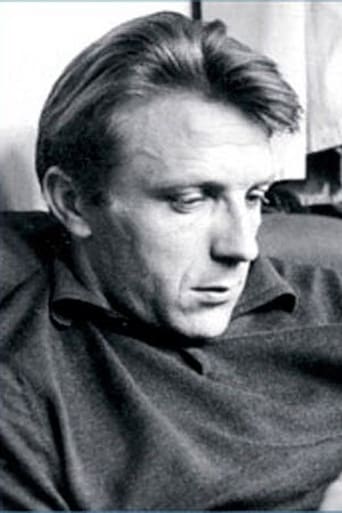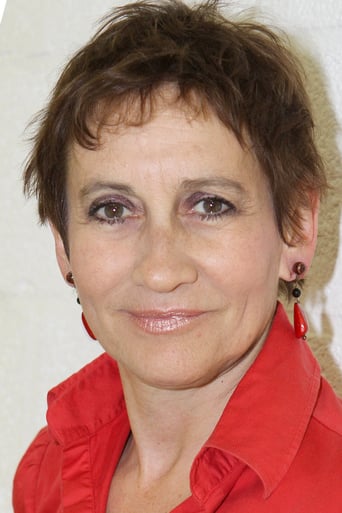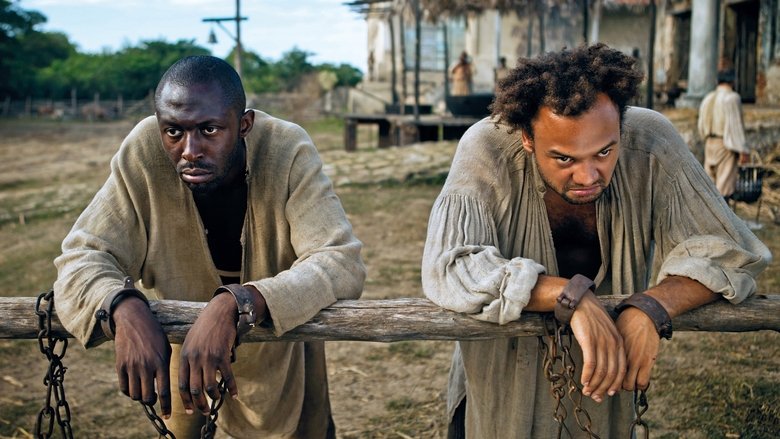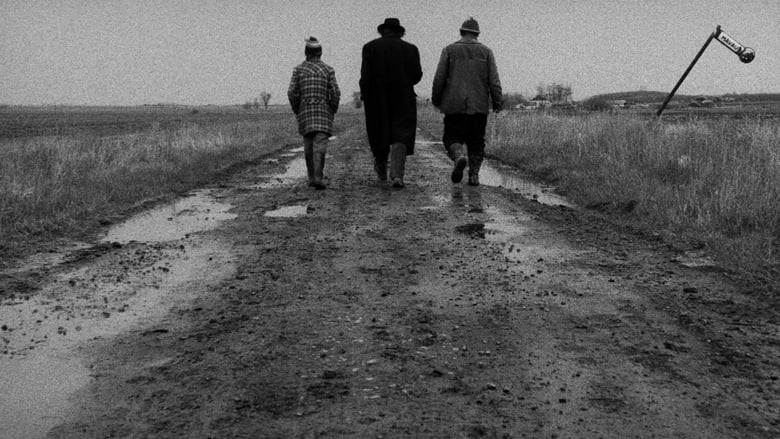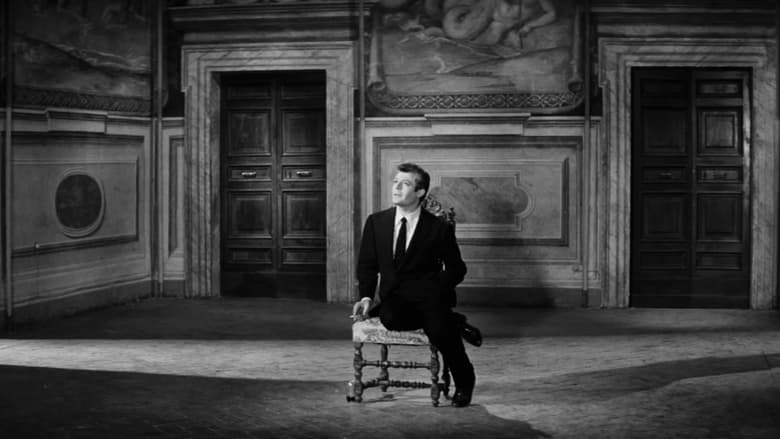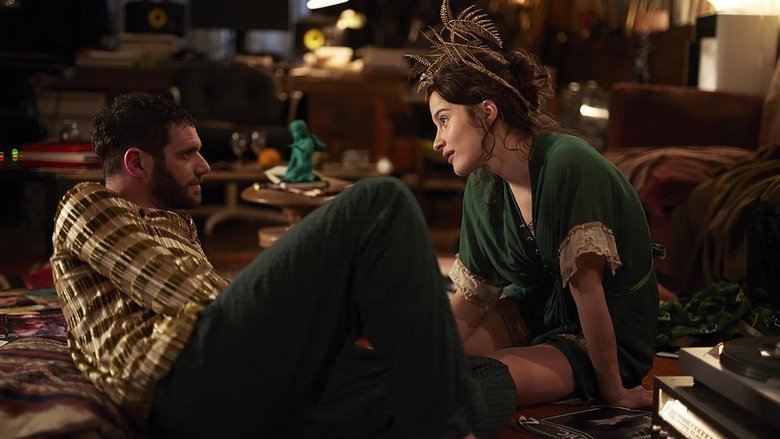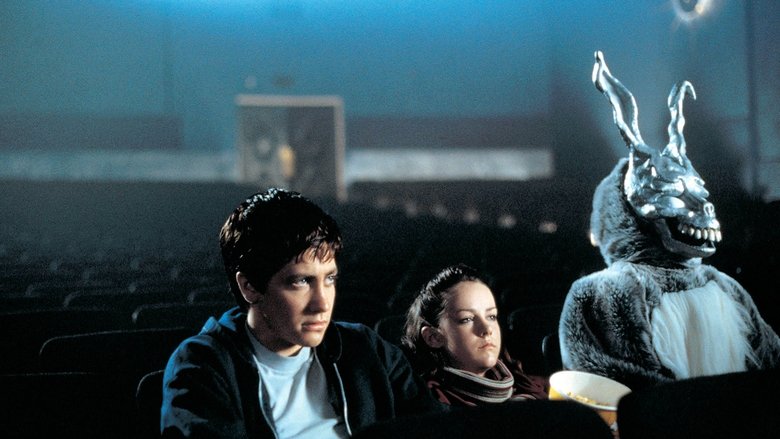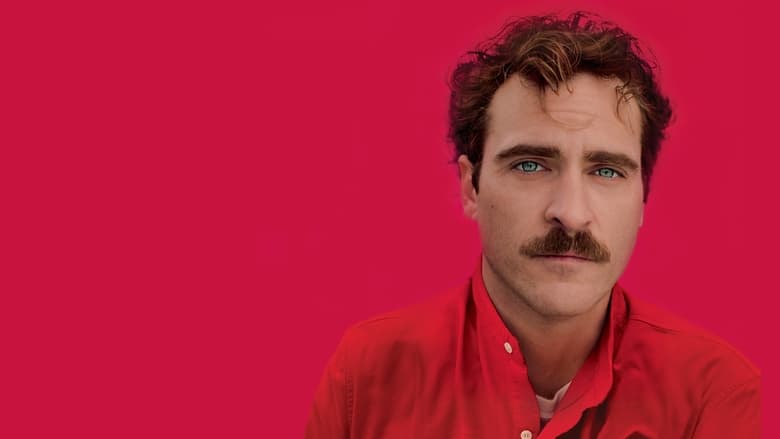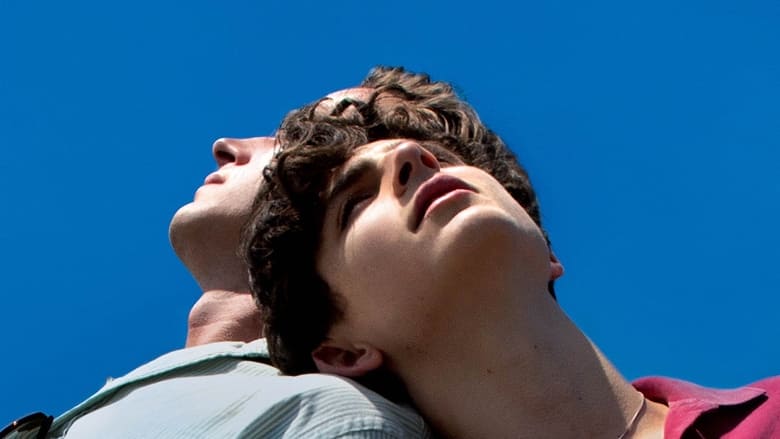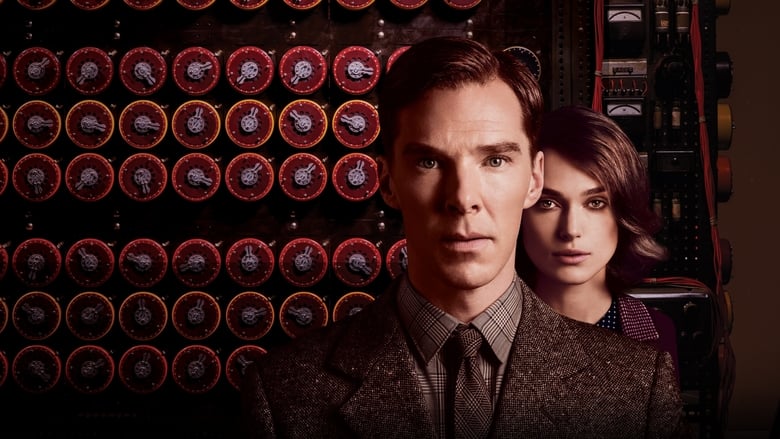Aimless young Alexandre juggles his relationships with his girlfriend, Marie, and a casual lover named Veronika. Marie becomes increasingly jealous of Alexandre's fling with Veronika and as the trio continues their unsustainable affair, the emotional stakes get higher, leading to conflict and unhappiness.


Similar titles
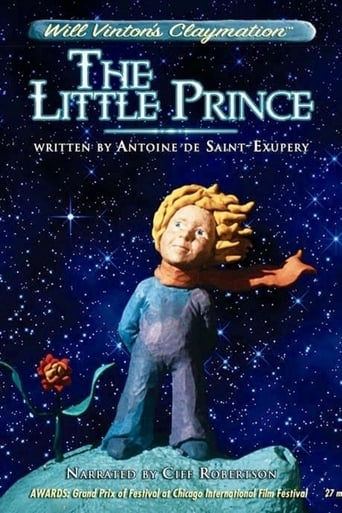
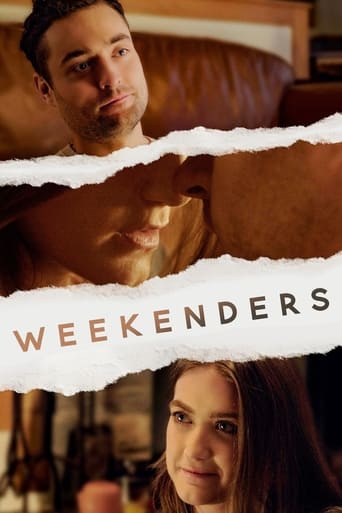
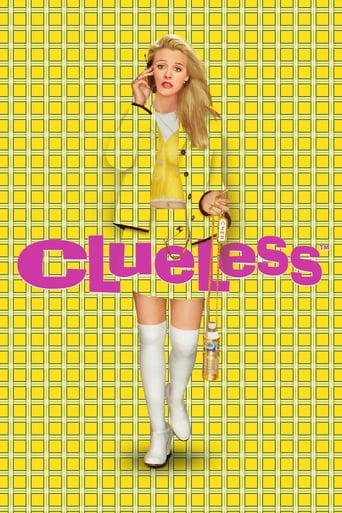
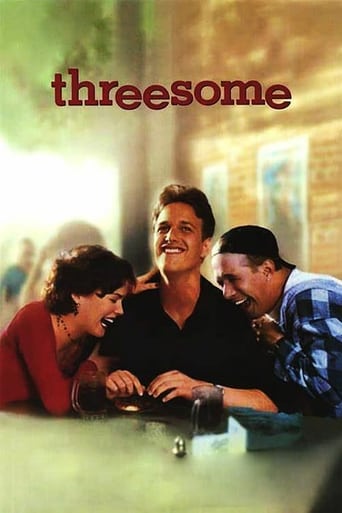
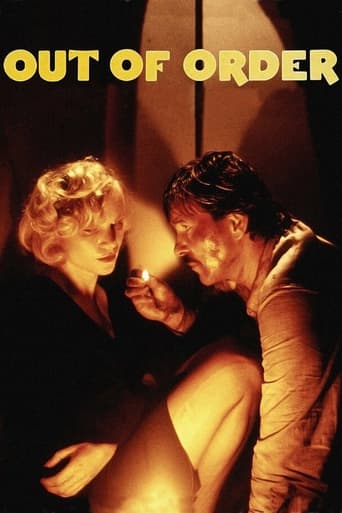
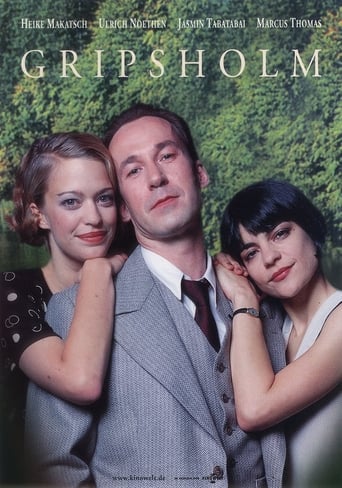


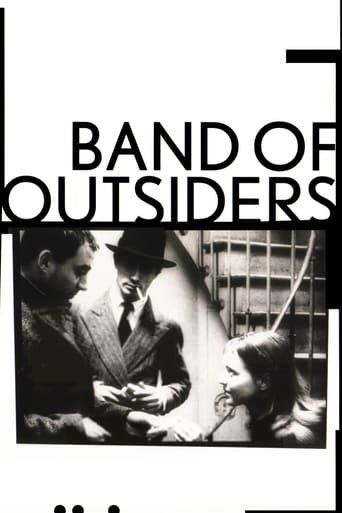
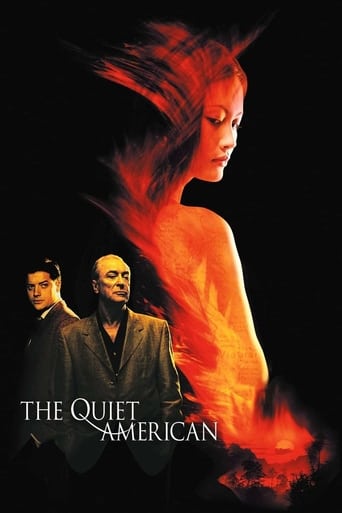
Reviews
I found this French film listed in the book 1001 Movies You Movies You Must See Before You Die, I remembered both because of the memorable title, and the fact that it was one of the longest films, at three and half hours long, I was hoping it would be worthwhile. Basically in Paris, unemployed young man Alexandre (Jean-Pierre Léaud), who has memories of the civil unrest during May 1968. He is trying to persuade his former love Gilberte (Isabelle Weingarten) to marry him, Gilberte instead chooses to marry another man, Alexandre meanwhile is involved with a live-in girlfriend called Marie (Bernadette Lafont). At the highly popular Les Deux Magots one day, Alexandre tries an unsuccessful attempt to reconcile with Gilberte, there he meets Polish French twenty-something nurse Veronika (Françoise Lebrun), she is highly promiscuous and makes advances towards him. During the summer of 1972, Alexandre and Marie are naked in bed together in their apartment, when Veronika visits, Marie lets her in, Veronika insults both of them, but acknowledges she is not pure herself. The three begin a ménage à trois (household of three), a domestic arrangement for the three of them to have a sexual relationship with each other and sleep in the same bed. Veronika assures Alexandre she and Marie both love him and tell him to be happier with his situation and life. Although Marie maintains her indifference to Alexandre's affairs, she quickly changes her mind when she sees how close he getting to Veronika, Marie and Alexandre grow estranged. The three of them sit together, Veronika tries to reassure Marie about her looks and body, she tearfully speaks about her belief that no women are truly whores, and that love is meaningless unless a child is produced. Also starring Jacques Renard as Alexandre's Friend. Léaud gives a good performance as the womanising lothario, it is a pretty simple story of a man who can manipulate two women into loving him, one a good nurturing woman, the other a woman who turns to prostitution, it is very long, but there are some fairly memorable scenes, and it does represent the sexual revolution of the time well, all together it is a worthwhile drama. Very good!
Unfortunately, Jean Eustache (1938-1981) belongs like so many once leading French film makers nowadays to the great unknown ones whose movies are hard to find and are not released on international DVDs. Since we have a good old-fashioned video-store in Tucson, I had the chance to watch this 3 1/2-hour marathon masterwork that is not boring for ten seconds.Since we speak here about one of the most discussed (and most controversially discussed) movies of all times, let me tell you my impression that the endless dialogs, originally typical for the early "Nouvelle Vague" of a Jacques Rivette or Alain Resnais appear almost ridiculous in this movie. The dialogs are basically monologues, mainly the longest ones spoken by Jean-Pierre Léaud. The most characteristic feature is that the intersections of the speeches of two people is almost zero. Léaud, or his character, Alexandre, pleases to tell more about himself than about the topics he is seemingly to speak. Therefore, one can hardly speak about communication in this movie. It is well possible that the director had a gargantuan satire in mind against the idle running of the once so hotly discussed political and sociological ideas, but the type of man Alexandre exists to all times, we find him already in Petron's "Satiricon", which work has actually great resemblance with "The Mother and the Whore".Alexandre does not only nothing, but he has developed an own kind of metaphysics about the absence of acting, at least acting in the sense of responsibility toward the society whose part he is. He mocks at the people who run to work at 7 c'clock in the morning, when he is just busy having his last drink before he goes to bed in the apartment of one of his girlfriends from whose money he lives. He is unable to speak one sentence without quoting one of the leading thinkers between Nietzsche and Bernanos. Especially Sartre who is shown quickly in the French intellectual café "Aux Deux Magots", where Alexandre, too, is sitting all day, must serve as excuse for the life-style of Alexandre and his colleagues, because they suffer existential crisis from bourgeois nausea. However, the intellectual speeches of Alexandre seem to be rather pseudo-intellectual, and the sentences and quips he cites seem to come rather from a dictionary of quotations than from his actual reading of the respective books.It is true: This movie demands an extremely broad European knowledge, especially the connoisseurship of French existentialist philosophy and there consequences to the 68 student revolution movement, but if you have this knowledge, than you will enjoy 215 minutes of your life by staring amazed into the TV and crying out with laughing like you have probably not done it since a long time.
"La Maman et la putain" is the beautifulest film of all time. And what's most moving about it may be the relation between reality and art the movie deals with, which is directly inspired by Proust's "A la Recherche du temps perdu".Indeed, "La Maman et la putain" and "In search of lost time" apparently tell the same story : the one of the failure of love, which repeats itself endlessly. The first woman's name is always Gilberte, and the second woman appears like a twisted and deformed double of Gilberte : Veronika is like a "whore Gilberte", beautiful like the night, whereas Gilberte was pure, and "beautiful like the day". After the failure of the first love, a second love begins, but this one is like already doomed by the first one. Veronika takes the place of Gilberte, in Alexandre's life and in the movie. She progressively eclipses her, first by time to time, Gilberte's still coming when Alexandre waits for Veronika,then totally. That shows it's the same sad story repeating itself, the same "unfaithful woman", like Alexandre says, who appears endlessly - and unfaithful is for Proust the higher point in love, which makes it exist, but which also underlines its illusions.Art is what causes the passage between what's outside - the illusion of love - to what's inside, which is the truth, and is a learning of this truth. For instance, when Veronika notices the strange way Alexandre makes is bed, he answers that he saw it in a movie, and then, that a movie, "it's made for that, to learn how to live, how to make a bed". Alexander wants to live like he was in a film, he wants his life to be art. This conception of art comes from Proust, with whom Eustache shares the same rejection of "political art" and realism in art. "La Maman et la putain" fights against a conception of art "principaly political" - see for example the ironical review of a political movie by Alexandre. Like Proust says : "Art doesn't care for all this proclamations, and only exists in silence." First of all, art is introspection. And that also why realism or naturalism is rejected : art needs to transform reality to exist. Proust writes : "I discover the illusion of realism, which is a lie". That's why "La Maman et la putain" doesn't hide its artificiality, underlines by the way the actors "say" their text : "the more you seem artificial, the higher you go", said Eustache.Eustache and Proust both share this idea that the artist is a "translater" of a inner truth. But, Alexandre failed where Eustache succeed. "La Maman et la putain" tells us the failure of a character to be what he truly is. You can sens the tragedy arise when you go further in the movie, which becomes saddest. You can see it in the face of Alexandre, who looks more and more like a living-dead. You can see it by the fact that the scenes become longer, and that after a while, nothing happens outside. At the end of the movie, when you see Alexandre writing, and Veronika asking if he's writing his life,you can guess that he's not, that even literature failed. The end of the movie shows the symbolic death of Alexander, who is smashes by the heaviness of reality. And in this tiny nurse's room, Alexandre looks more like Albertine than Marcel.To explain this failure, we can say that Alexandre is a Balzac's reader. In "Forme et signification", Jean Rousset explains that, in Proust's, the readers of Balzac, who are Swann and Charlus, are unable of any artistic creation, because they're stuck in reality, which they mistake with art. They see reality in art and "are not aware of the transformations that necessarily exist between the life of an artist and his work, between reality and art". And that's exactly Alexandre. He claims for instance that he "loves a woman for parallel reasons, because she played in a Bresson's for example". He's like Swann, who falls in love with Odette because she looks like a Botticelli's woman."Life is perhaps not my vocation". This thought is indeed by Eustache, who committed suicide, even if it's said by Alexandre. Nevertheless, there is a difference between Alexandre and Eustache : if Eustache is absolutely Alexandre, Alexandre is like a double without art, a horrible vision of the artist, which crystallizes his fears.By fallowing Veronika at the end of the movie, Alexandre is condemned to illusions. It's death that remind me the last frames of the movie, in the face of Jean-Pierre Léaud as well as in the endless pucking of Veronika. Or maybe it is already hell that describes the end, like in Sarte's "Huit-Clot", and absolutely not like in the final liberation of "Le Temps retrouvé". If Eustache had read Proust, Alexandre could never have finish the book , always perturbed by life and Veronika when he tries to read it at his apartment or in the cafés. "La Maman et la Putain" is like a inverse double of "In search of lost times", which tells how Alexander doesn't become an artist, whereas "A la Recherche du temps perdu" tells how Marcel becomes a writer (Genette).If, like Baudelaire says, an artiste tells "reality at the light of his dream", it is his nightmare that Eustache tells us in "La Maman et la putain".
If you enjoy French cinema then you are used to heavy dialogue and little action. Some ARE sleep-inducing, so the key is...BE AWAKE! Don't watch something like this on a small screen and without some degree of mental awakeness. I had the privilege of seeing this film within a festival and found it to be terrifically witty, sexy at points, and thought-provoking. I was engaged for nearly the entire length of the film, with the exception of a really protracted scene among the three principals towards the end. Anyway, boring is too easily said of long movies watched on videocassette. If you have some way of seeing it bigger, that's the way to catch it. And of all of Eustache's works the one I recommend most is Mes Petites Amoureuses ("My Little Loves") set in the world of children. Just amazing. Maybe someday it will be available for rent. It's very accessible and is as effective as Truffaut's Small Change.
